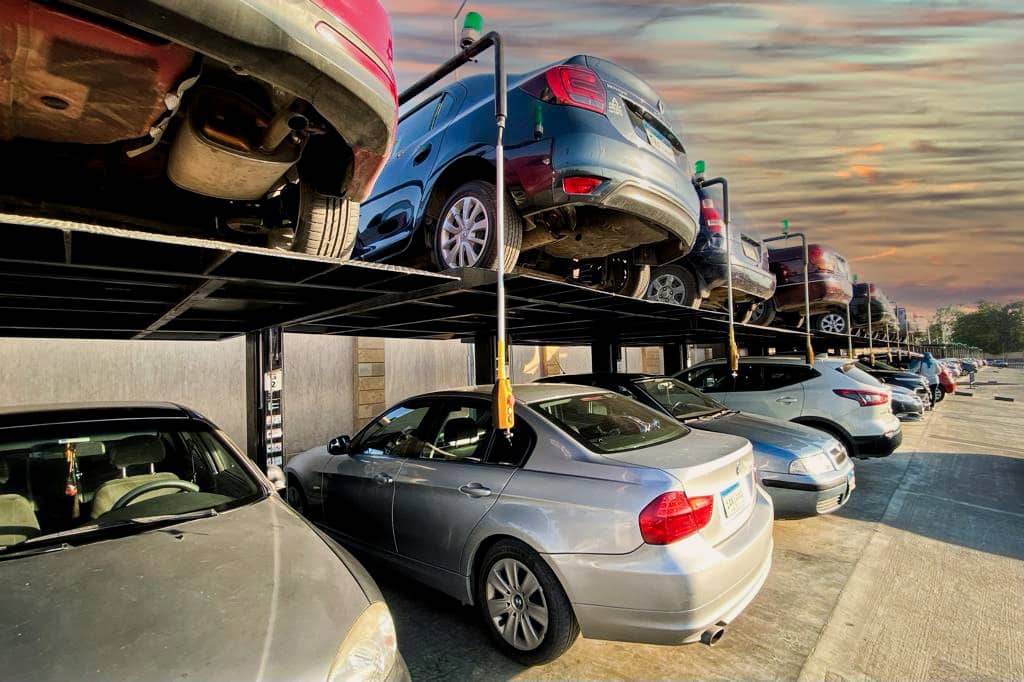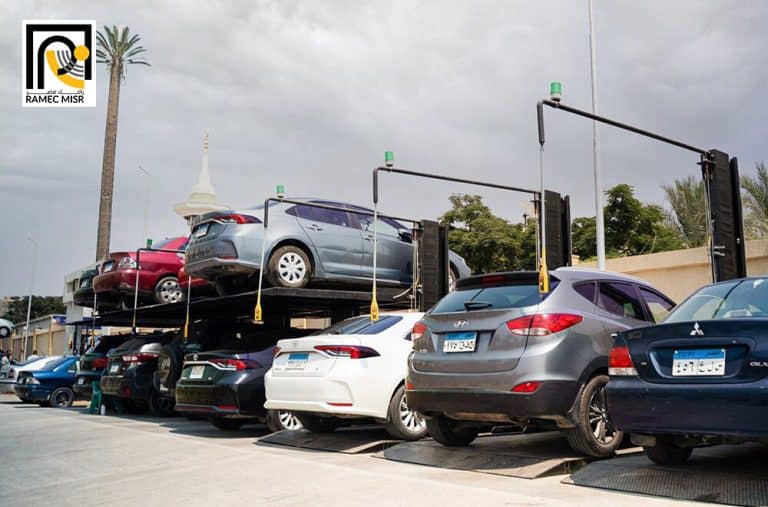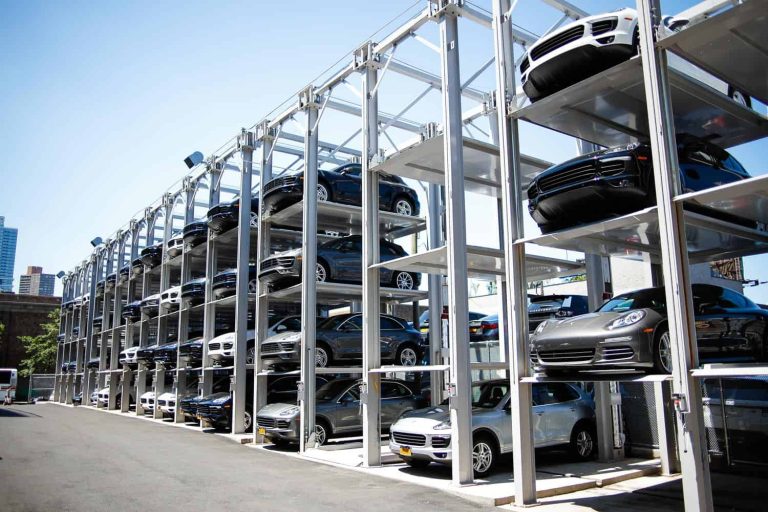The Role of Smart Parking in Sustainable Urban Development
As cities around the world continue to expand, urban planners are increasingly focusing on sustainability and how modern technology can contribute to reducing the ecological footprint of urban life. Smart parking systems are playing a crucial role in this movement, offering a solution that reduces carbon emissions, conserves space, and promotes more efficient transportation.
How Smart Parking Contributes to Sustainability
Reduced Carbon Emissions: Traditional parking systems often cause traffic congestion as drivers circle the streets searching for a spot. Smart parking reduces this wasted time by guiding drivers directly to available spaces, which reduces fuel consumption and emissions.
Space Optimization: Smart parking systems enable cities to make the most of their available parking spaces. This means fewer parking lots are needed, and public spaces can be used for more sustainable purposes, such as parks, green spaces, and pedestrian walkways.
Improved Traffic Flow: By streamlining the parking process, smart systems reduce unnecessary traffic. Less congestion means smoother traffic flow, fewer bottlenecks, and a significant reduction in overall pollution levels.
Support for Electric Vehicles: Many smart parking systems are equipped with charging stations for electric vehicles (EVs), which supports the transition to cleaner energy and contributes to environmental conservation.
The Bigger Picture
By integrating smart parking solutions into urban planning, cities can not only meet the growing demand for parking but also contribute to environmental sustainability. Smart parking offers a practical approach to improving urban life by reducing congestion, lowering emissions, and enhancing mobility.



